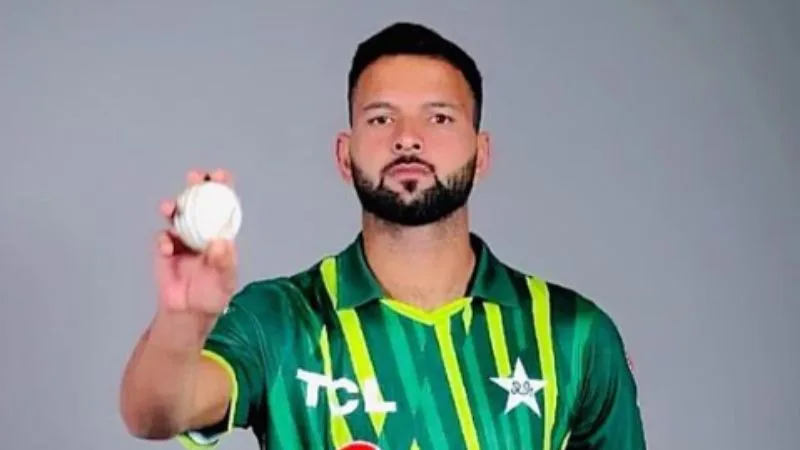The Pakistan Cricket Board’s (PCB) medical management of fast bowlers has come under scrutiny once more after an elbow injury to Pakistan and Multan Sultans fast bowler Ihsanullah was initially misdiagnosed, resulting in a routine injury turning into a significantly more serious one. You can take a look at past concerns about PCB’s fast bowler management, urging enhanced protocols to protect their cricketing careers and well-being.
Ihsanullah, who last played for Pakistan on his ODI debut in April 2023, was sidelined with an elbow injury that the PCB medical department, led by Dr. Sohail Saleem, did not fully appreciate the gravity of. This game remains his last at the competitive level.
What causes concern?
Dr. Saleem, who left the PCB after an unsuccessful attempt at holding a PSL season in a Covid-19 bubble in 2021 before being brought back to the cricket board under Najam Sethi’s chairmanship in early 2023, disputes any mishandling on the part of the PCB in their treatment of Ihsanullah. He admits to a delay in the initial diagnosis but denies any mishandling.
The delay in diagnosis is the focus of much scrutiny. Sultans owner Ali Tareen stated that the PCB’s medical department could not pick up an elbow fracture in the scans they conducted, subsequently straightening his elbow. Ihsanullah continued with a training regimen that included gym work and regular bowling despite no confirmation that a more serious injury had been ruled out.
A later scan, after repeated complaints of pain, revealed a fracture significantly exacerbated by the stress of the workload he had been put through. This could have been career-threatening or, at the very least, permanently hindered his ability to remain the high-speed pace bowler he was known to be.
Dr. Saleem claims he suspected Ihsanullah’s injury was worse than it initially appeared and ordered fresh tests that picked up the fracture. Despite surgery, Ihsanullah’s ability to straighten his elbow remained significantly inhibited.
There were signs of a fraying relationship between the bowler and the PCB during this period. Dr. Saleem stated that Ihsanullah asked to leave the accommodation at the National Cricket Academy provided by the PCB of his own accord and often opted for unauthorized massage therapy, further hindering his development.
Physiotherapist discovers a separate injury
According to Tareen, a physiotherapist brought in for a second opinion discovered a separate injury concern with Ihsanullah’s bowling shoulder that had also gone undiagnosed. Tareen believes Ihsanullah will likely require further surgery, which will take place in the UK, with the PCB footing the bill.
The PCB chairman, who was not in office for the majority of Ihsanullah’s injury layoff, expressed dissatisfaction at the bowler’s treatment. It is now believed that the PCB will cover all expenses for Ihsanullah’s recovery.
This incident raises further uncomfortable questions for the PCB, which has been criticized for its handling of fast bowlers’ medical treatments in recent years. Several players, coaching, and management staff have privately expressed a trust deficit between them and Dr. Saleem.
In the last two years, multiple Pakistan fast bowlers have suffered lengthy injury layoffs, including Shaheen Shah Afridi, Naseem Shah, Mohammad Hasnain, and Khurram Shahzad. Dr. Saleem defends the PCB’s medical management, citing constraints and budgets compared to sports medicine specialists abroad.
However, the loss of confidence in the PCB’s medical department is evident, and improvements are needed to ensure wider player availability, quicker recovery times, and fewer injuries. Ihsanullah’s case highlights the need for significant improvement in the PCB’s medical management of players.
Stay updated with all the cricketing action, follow Cricadium on WhatsApp, Facebook, Twitter, Telegram, andInstagram















